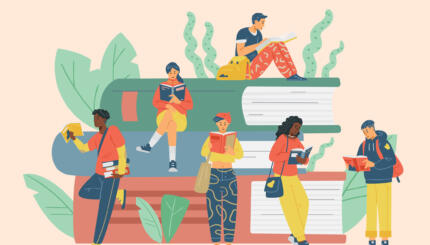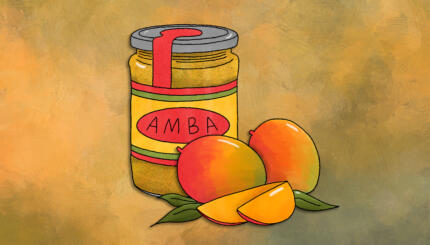This week I had the privilege of attending a conference of women rabbis in Baltimore, MD, a city with a rich Jewish history, and a city now full of controversy and questions. Despite the fact that our conference was less than 72 hours long, and despite the fact that we only gather as women rabbis from the Reform movement once every other year, the convention planners decided to devote a good part of one day to learning the story and struggles of Baltimore in 2017, and I am truly grateful for this experience.
Baltimore is a great city. It has old and new, a beautiful inner harbor and a wealth of history. However, Baltimore has been in turmoil for many years, and the recent events of the killing of Freddie Gray by Baltimore police in April, 2015 pulled this city to its feet. Around the country, we all heard about the Baltimore riots that began as a result of this event, and we know of other similar stories in places like Ferguson, MO or Chicago. But we may not have realized the perspective of the African American community on these events, at least of those trying to make a difference in this world.
This week, I was humbled to meet a man named J.C. Faulk and some of his friends from the Circle of Voices, a gathering of activists and civilians across Baltimore that brings people together who would not ordinarily come together, in response to racism and other isms, in order to foster a more just and equitable society. Its purpose is to dialogue and free people from their typical silos to make the world better. And wow – do we need to leave our silos, our bubbles, and come out to meet people who are different, who come from different backgrounds and experience life differently than we do.
Perhaps the most important lesson I learned from J.C. is that the events of April 2015 are not viewed as riots by the African American community in Baltimore – they believe that this was an uprising, an event that literally got people up from lying down or sitting still; it caused people to finally rise in revolt, in order to make a positive change in this city. Riots have a negative connotation, with no specific outcome; they are noisy, public disorders that cause confusion with no end game. According to J.C. and many other activists who came out to share with us, Baltimore experienced an uprising, and it is causing the average citizen to start standing up, to speak their voice and aim to make a difference in their world.
J.C. shared with us at the end that he knows he is going to die, and he knows it now at 56 much more than he knew it at 22. So since he knows he will die sooner than later, he said to us: what am I going to DO before I die?! J.C. is making an impact on the streets of Baltimore. He believes that we must create discomfort in order for there to be change, and he is making people very uncomfortable, but hopefully, while doing so, he is opening their eyes to the possibility of a different way to live, a better way to live, in this colorful world we call the United States of America.



